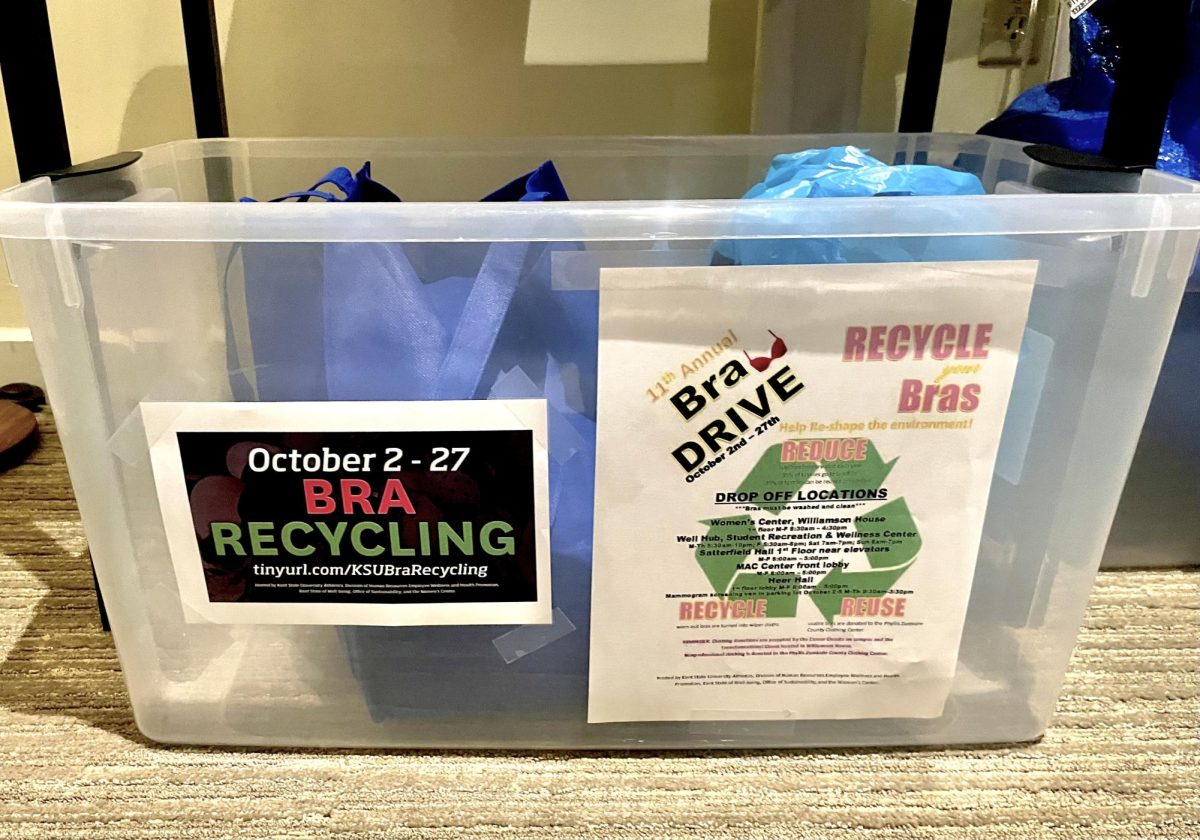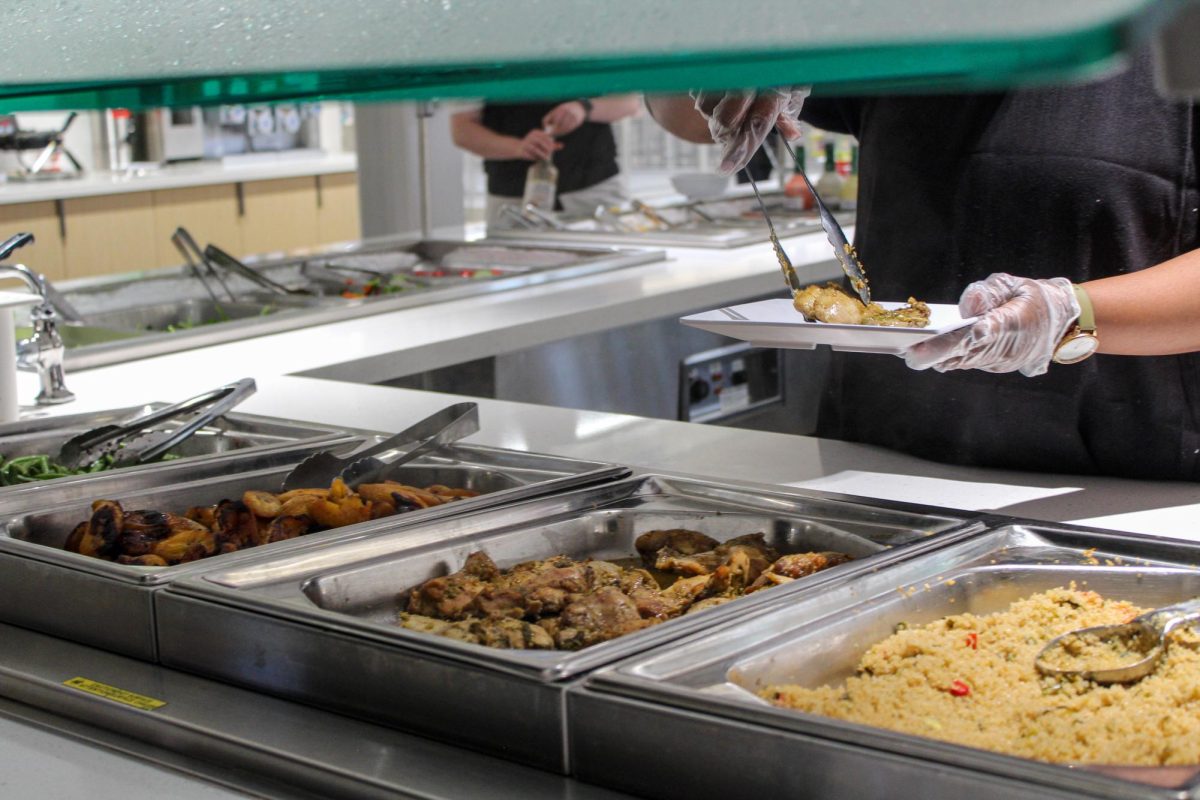One in eight women will develop breast cancer over their lifetime, said Dr. Erin Roesch, a breast medical oncologist at Cleveland Clinic.
Breast Cancer Awareness Month, an annual international health campaign running throughout October, aims to provide support about the disease and help women stay aware of their own health to spot early symptoms.
While breast cancer more commonly affects women above the age of 40, it is never too early to consider the risk factors, according to experts from the Cleveland Clinic and American Cancer Society.
“[College] can be a very busy and overwhelming time, an exciting time for growth for young women, so I would say that it’s important to, in addition to all of these things going on, be aware of your health,” Roesch said. “Don’t be afraid to speak up and advocate for your own health if you feel like something’s not right.”
Exams and diagnosis can be challenging for young women when they haven’t gotten to the typical age of screening, Roesch said.
“Younger women can often present with breast cancers that are at a more advanced stage and/or have a more aggressive tumor biology compared to older women,” Roesch said. “If something doesn’t seem right, if you have a question or concern, definitely bring it to the attention of your provider.”
Kristen Sullivan, director of prevention and survivorship at the American Cancer Society, said there are many ways younger women can reduce their risk of breast cancer.
The first thing ACS recommends for cancer prevention is to limit or fully cut out alcohol consumption.
“I think younger women really should know and understand that alcohol consumption increases your risk of breast cancer,” Sullivan said. “Research shows that even alcohol consumption at very low levels can cause a small increase in risk, that increase does go up the more that you drink.”
Another way to lower the risk of breast cancer is to stay physically active, Sullivan said. The official recommendation is 150 to 300 minutes of moderate physical activity each week.
“Doing any amount of activity is good for your health even if you know you’re not really going to meet that 150 or 300 minute a week guideline right away,” Sullivan said. “That’s really something to work towards… essentially any movement is better than none.”
A healthy diet consisting of plant foods and not a lot of animal products or refined carbohydrates can also lower risks of breast cancer, Sullivan said.
Even though screening doesn’t start until about the age of 40, Sullivan and the ACS encourage women of all ages to know how their body and breasts normally look and feel so they can detect if anything seems different.
Changes include a lump or hardening of the breast, dimpling or a spot of redness that doesn’t go away, said Sullivan.
Roesch and Sullivan both encouraged women to be conscious of their family history and keep family members aware.
“Another thing we really recommend for younger people is to encourage their family members who are the right age to get screened, so you know, your mom or your grandmother or aunt or sister,” Sullivan said. “Maybe use it as a way to start a conversation with your family about family history.”
In addition to spreading awareness about how to reduce the risks, Roesch said the awareness month opens more conversations about breast cancer.
“We see a lot of pink, and we hear a lot discussed in the news and media and I think it’s good because it brings awareness to this very important topic,” Roesch said. “Breast cancer is very common.”
To spread awareness, the Kent State University Women’s Center on campus partnered with InnovaCare Health Solutions LLC from Oct. 2-4, offering mobile mammogram screenings to students, faculty and staff.
This month, the university held its 11th annual bra recycling drive to raise awareness and reduce the amount of textiles in landfills. New or gently used bras that have been washed and cleaned can be dropped off at the Women’s Center, the Well Hub, Satterfield Hall, M.A.C. Center, Heer Hall and by intercampus mail through Oct. 27.
Savana Capp is co-general assignment editor. Contact her at [email protected].
























